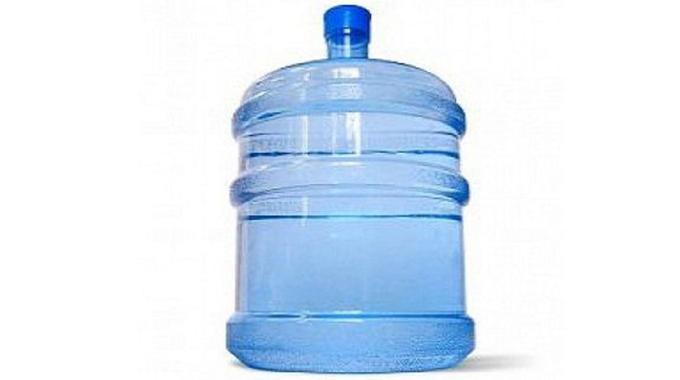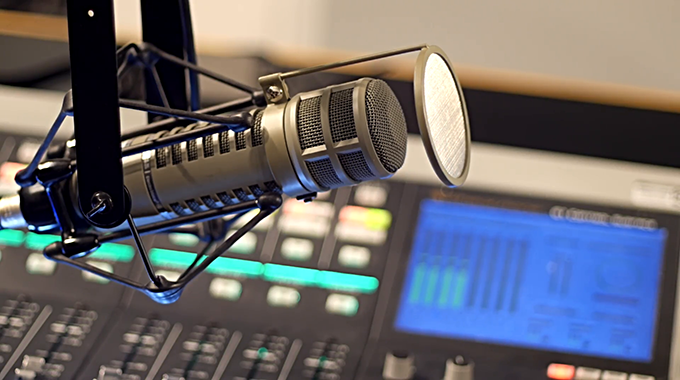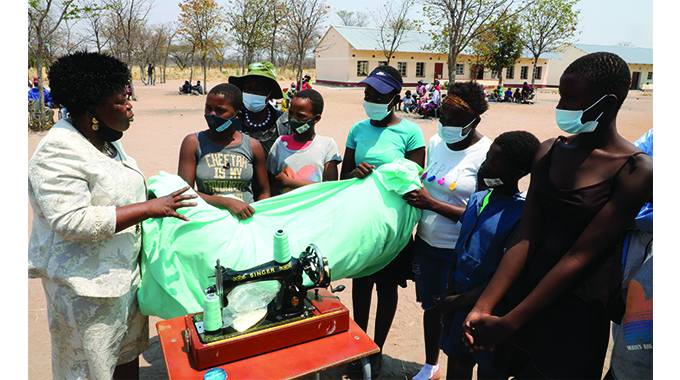Water crisis leads to open defecation at prime resort

Leonard Ncube, Victoria Falls Reporter
The shortage of water has forced residents of Mkhosana suburb in Victoria Falls to use the bush to relieve themselves thereby exposing them to water-borne diseases.
The suburb has been without running water for more than a week now.
Flushing toilets has become a luxury for many residents as they have to conserve the little available water for drinking and cooking.
The council is having challenges in pumping water and this has been blamed on obsolete equipment, damage of cables by elephants and lack of a reservoir in Mkhosana suburb.
A few sections of the suburb get water for a few hours at night while those in high areas have gone for days without the precious liquid.
Victoria Falls Combined Residents Association chairman Mr Kelvin Moyo implored the local authority to urgently address the problem which he said is putting the lives of residents at risk of contracting diseases.
“The council had promised that the situation was going to improve soon but to our surprise the past week has been terrible. Residents have resorted to using the bush because there is no water to flush the toilets. We might end up losing lives to attacks by wild animals at night since we are in a national park area,”he said.
Hwange District Medical Officer Dr Fungai Mvura-Musinami said while Victoria Falls has not recorded any cases of water-borne diseases, there is urgent need to address the problem before it gets out of hand.
“We have not had cases before but this open defecation can expose residents to diseases. This is a health hazard and I urge people to use the bucket system until there is running water,” she said.
There are no community boreholes in Victoria Falls because of the nature of the Kalahari sands and the water table is very low in most areas. Victoria Falls Mayor Councillor Somveli Dlamini said work was underway to restore supplies in the affected areas.
“The situation was caused by elephants that damaged cables supplying power to the pump station. Maintenance work is underway and pumping should resume as soon as possible,” he said.
Victoria Falls is yet to implement its planned US$412 million Water, Sanitation and Hygiene (WASH) programme due to lack of funding.
The 8th Zimbabwe Vulnerability Assessment Committee (ZimVac) urban livelihoods assessment which was conducted in December last year rated Matabeleland North as having the highest open defecation at 6,6 percent followed by Matabeleland South at 6,5 percent.
The survey provides updates on pertinent urban household livelihood issues such as demographics, housing, education, health, nutrition, WASH, energy, social protection, food consumption and security.
Recommendations from the ZimVac is that no open defecation should be allowed in urban areas. According to the report, nationally, 96,7 percent of the households in urban areas have access to improved sanitation facilities.—@ncubeleon








Comments